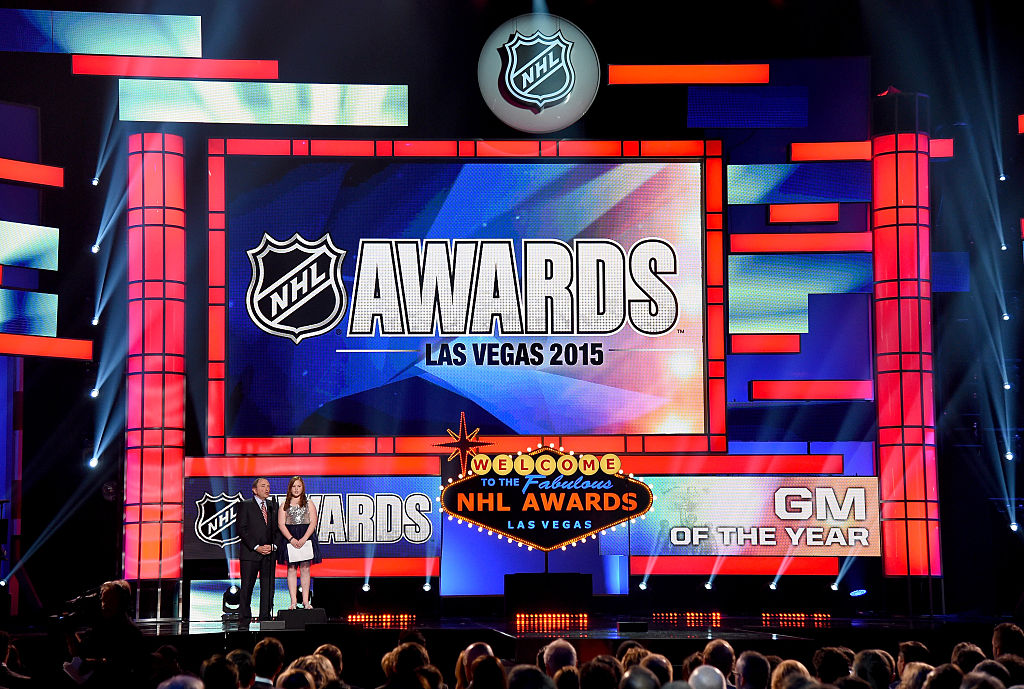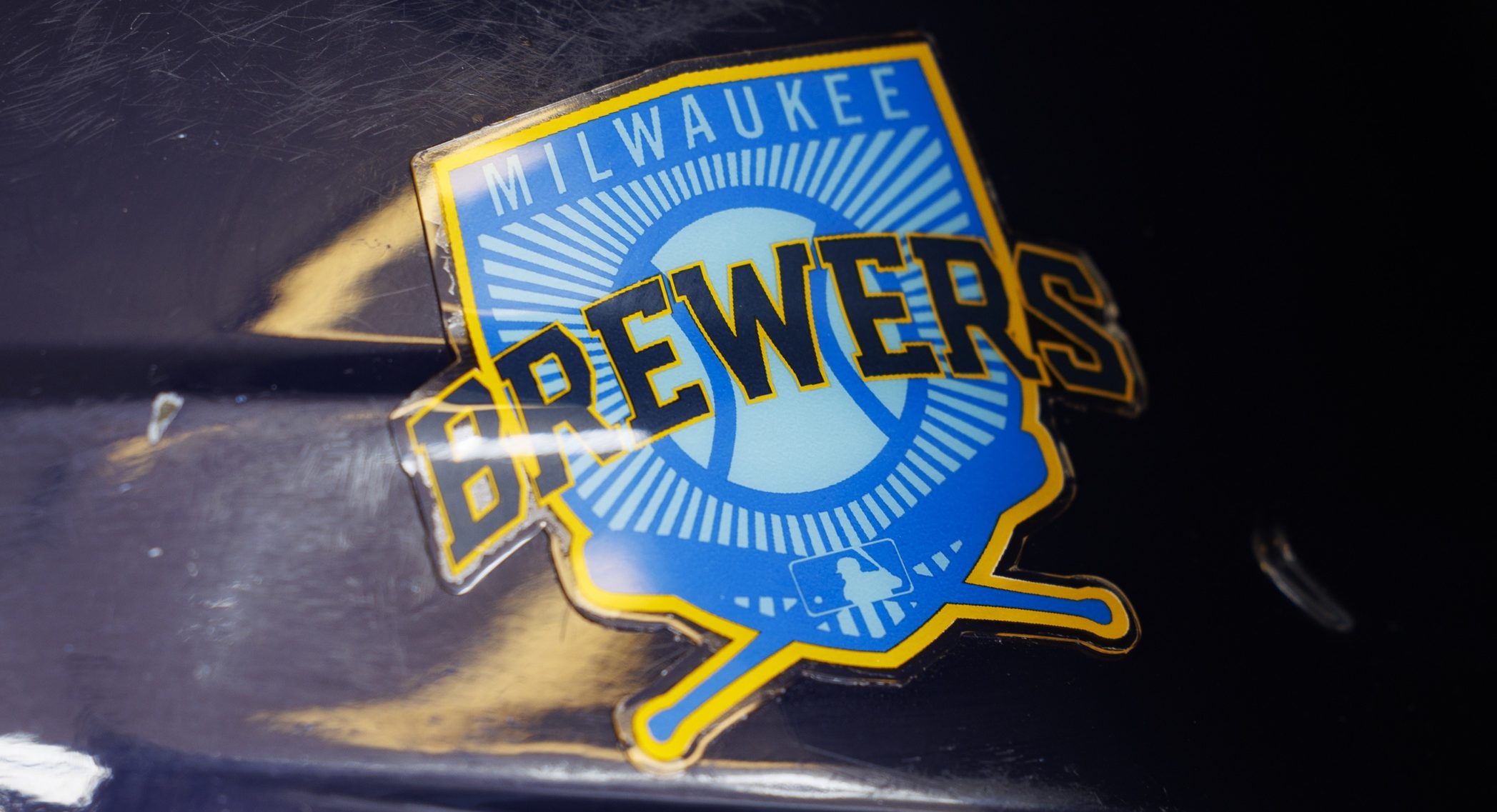On Tuesday, the Associated Press reported that the National Hockey League has selected Las Vegas as the expansion city for their 31st franchise, beating the National Football League to the punch and finally making the Sin City a major sports town. This move took years and years of wooing from those in Vegas to convince the powers that be in North American pro sports to finally get over the gambling stigma and bring a franchise to the gambling and tourism capital of the United States.
Now that it is official that the NHL will be bringing a team to Vegas, there are conflicted feelings within the media on how successful a Vegas hockey franchise can be. ESPN’s Darren Rovell and FiveThirtyEight both came out with anti-Vegas takes as the concerns over filling seats for 41 home games a season at T-Mobile Arena have already crept into the national media.
Rovell cites the 40 dates as a challenge for a Las Vegas hockey franchise, and the ESPN business reporter feels the team will have to compete with, of all things, restaurants in order to sell tickets. He also believes that an NFL team would be a better fit with only 10 dates to fill, despite having to sell 35,000-40,000 extra tickets to fill an NFL sized stadium compared to the 20,000 seat T-Mobile Arena.
Vegas is a great city for an NFL team. There are only 10 dates. Don't feel the same for the 40+ dates fielding an NHL or NBA team.
— Darren Rovell (@darrenrovell) June 14, 2016
An NHL team in Vegas not only has to contend with other entertainment, but town has now turned into a restaurant destination.
— Darren Rovell (@darrenrovell) June 14, 2016
For an NHL team in Vegas to work, the locals have to be a strong base. Not the case w/NFL team. Out of town & casino $ will prop them up.
— Darren Rovell (@darrenrovell) June 14, 2016
FiveThirtyEight republished a 2015 column from Nate Silver breaking down the population of hockey fans in Las Vegas, indicating that the city would be terrible for the league. Much of the article echoes the same sentiments as Rovell, that competition for the city’s entertainment dollar could be too much for hockey to thrive in a city that, according to FiveThirtyEight, has only 91,000 hockey fans to draw from. Silver also cited the city’s relative lack of success of minor league sports franchises.
While Rovell and Silver are right that 41 regular season games will be four times the amount of dates than what would be required if the Oakland Raiders or another NFL franchise came to Las Vegas, they are ignoring the potential of what is a tourist hotspot Las Vegas is for many hockey fans who already travel south to watch their teams in warm weather climates each winter, along with the over 10,000 season ticket commitments that helped seal the expansion bid in the first place.
Every winter, you can see visible evidence of fans traveling to Florida and California to watch their favorite teams play. Particularly, fans of Canadian teams who find it difficult to secure tickets for home dates and end up finding it easier to make an excuse to go to a warm weather city while also catching a road game. This is a market that the Vegas NHL franchise will likely lean on to make up the difference needed to sell tickets for the aforementioned 41 regular season dates they will need to find buyers for.
Beyond tourists will be the ability to sell ticket packages to casinos that have long comped free seats to entertainment hotspots in the city to keep gamblers and frequent guests happy. If pop stars and comedians can rake in revenue with multiple shows a week in Vegas, wouldn’t the same extend to world class sporting events? This is a theory that has proven true with the UFC’s success in holding their PPV’s and other cards in Vegas successfully for nearly two decades by leaning on tourists and in-city sports fans, along with friendly relationships with the casino industry.
If a sport like MMA, which, when it first was introduced into the scene in Las Vegas, was considered to be a fringe sport for savages, can be a success, it can certainly be argued that an NHL team in the Sin City could be as successful as some of the teams that already exist in non-traditional hockey towns.
Cities like Miami, Phoenix, Tampa, and Raleigh that don’t have the advantage of being able to shop ticket packages to a long list of casinos or the ability to promote vacation tours to Canadian NHL fans to bump up their attendance reach. If the NHL has been willing to ride out tough times in those cities in order to expand their league demographics, why wouldn’t they do the same for the potential reward of owning a sizable part of Vegas’ large entertainment portfolio before the NBA can get their hands on the pie?
While the challenges of Las Vegas are real in trying to make a sports team that will have 41 events every year in the country’s 40th largest media market, the advantages of trying to own a share of a growing entertainment landscape in the city are far too good to focus on negative narratives. Despite some in the national media being slow to warm up to the idea of Vegas a sports city, the fact is that a city that has long been weighed down by its stigma of gambling and partying is ready to join the sports world as a major player.
Having an NHL team in the newly built T-Mobile Arena will have its risks in trying to sell tickets in yet another warm weather city despite the league’s struggles to do so in some of their current markets, but with an already built-in list of season ticket commitments and the casino industry to fall back on, it is a safe bet to assume that come the time to drop the puck in Vegas that hockey will be well on its way to being a success in the Sin City.







